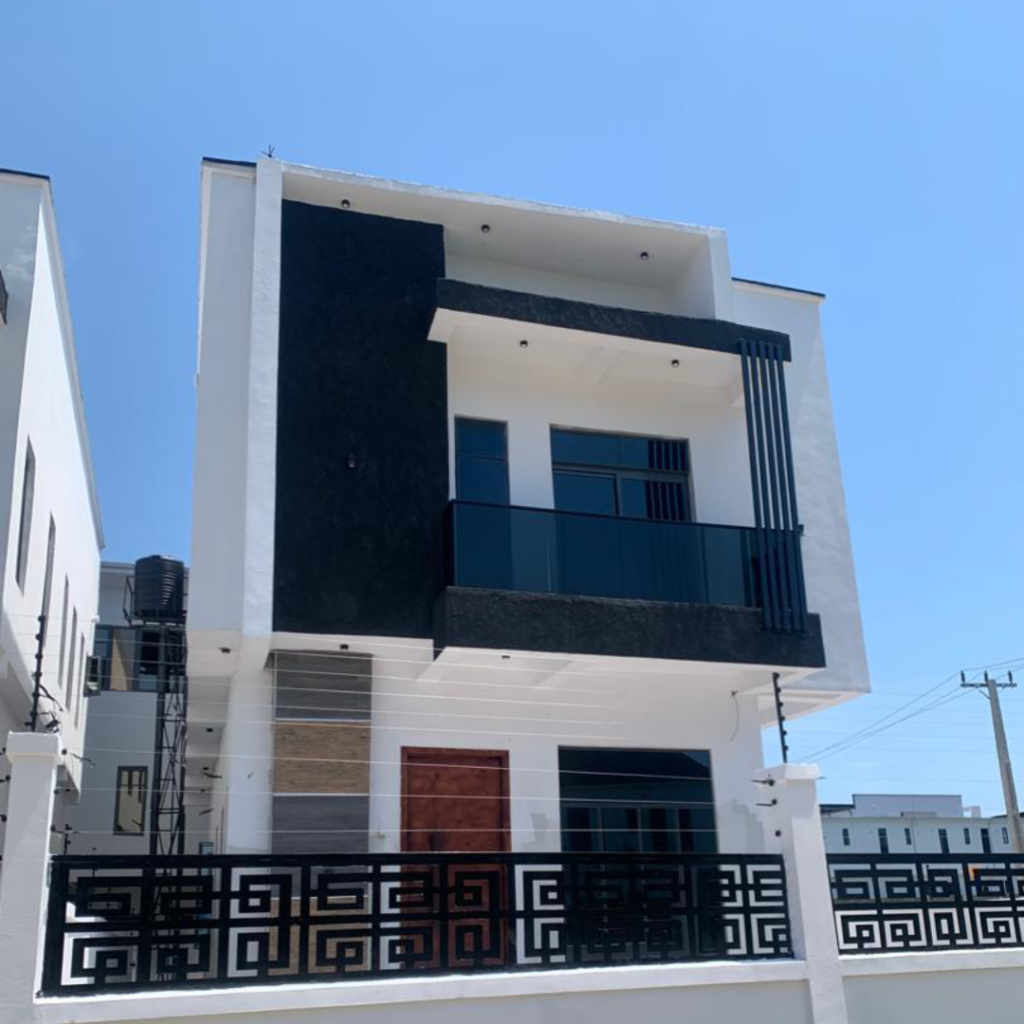Living in Lagos, one of Africa’s most vibrant and bustling cities, has always been a unique experience. But in 2025, the city is undergoing notable changes that are affecting the cost of living. As someone who’s lived here for a while, I’ve seen firsthand how this dynamic metropolis constantly evolves, and I want to share my thoughts on what you can expect in terms of expenses.
Housing
Let’s start with one of the most significant aspects of the cost of living: housing. In Lagos, as in many other major cities worldwide, real estate prices are on the rise. Whether you’re renting or buying, you’re likely to feel the pinch. By 2025, rents in popular areas like Lekki, Ikoyi, and Victoria Island have been steadily climbing. A decent 2-bedroom apartment in these neighborhoods could set you back anywhere from ₦5 million to ₦15 million annually. For those eyeing more affordable options, suburban areas like Ojodu or Alimosho are becoming more appealing, but they still carry higher costs than what many would expect for cities of comparable size.
While Lagos remains a city of opportunities, the increasing demand for housing is definitely driving up prices. If you’re planning to rent or buy, it’s crucial to consider the location carefully. Proximity to work, schools, or the general vibe of the neighborhood can influence how much you’ll pay.
Food and Groceries
One of the surprises I’ve encountered is how the cost of food has changed in recent years. As of 2025, the price of groceries in Lagos has become noticeably higher due to factors like inflation and supply chain disruptions. A typical monthly grocery bill for a small family can range between ₦80,000 to ₦120,000, depending on your shopping habits. Imported goods are often pricier, and even local foodstuffs like rice, vegetables, and meats are more expensive than before.
Dining out is also becoming more expensive, especially at mid-range restaurants and popular fast-food chains. A meal for two can cost anywhere from ₦7,000 to ₦15,000 at a decent spot in the city center. If you’re on a budget, street food remains a favorite, with options like suya, akara, and jollof rice still affordable for many.
Transportation
One of the most unpredictable parts of life in Lagos is traffic, which significantly impacts your transportation costs. Public transportation options are available, with buses, danfos (shared minivans), and ride-hailing services like Uber and Bolt providing an alternative to driving yourself. However, in 2025, the costs for these services have risen. A typical Uber ride within Lagos may cost between ₦2,000 to ₦6,000 depending on the distance and traffic conditions.
For those who opt to drive, the rising price of fuel is another factor to consider. Gas prices have increased in the past few years, and 2025 is no exception. Filling up your tank can easily cost ₦10,000 or more for a medium-sized car, making it essential to budget for this ongoing expense. It’s also important to factor in tolls, maintenance, and insurance when considering the cost of owning a car in Lagos.
Utilities and Internet
Lagos, being a tech hub, sees a lot of people relying on fast internet and reliable electricity for work and entertainment. However, the cost of utilities can add up quickly. Monthly bills for electricity can range from ₦5,000 to ₦15,000 for a household, depending on usage. Power cuts are still common, so many people rely on generators, which adds an extra ₦10,000 to ₦30,000 to their monthly expenses for fuel and maintenance.
The internet is a vital part of life in Lagos, with a variety of data plans offered by local service providers. A decent data plan might cost between ₦5,000 and ₦10,000 monthly, but the cost can vary based on your usage and the service provider. If you’re a heavy internet user or need a more stable connection, opting for fiber broadband may be the best choice, though it does come at a premium price.
Healthcare and Education: Quality Comes at a Cost
If you’re planning to stay in Lagos long-term, you’ll want to consider healthcare and education costs. Healthcare in Lagos, especially private healthcare, is generally good but expensive. For basic consultations, you’ll pay between ₦5,000 to ₦20,000 per visit at a private clinic. More specialized treatments, surgeries, or tests can cost much more. It’s essential to have health insurance or budget for out-of-pocket expenses.
When it comes to education, Lagos boasts some of the best international schools in the country. However, these schools are far from cheap. Annual fees can range from ₦500,000 to ₦3 million depending on the school and grade level. For those opting for public schools, costs are lower, but quality varies significantly across different locations.
Entertainment and Leisure: Finding Balance
Despite the higher living costs, Lagos continues to be an entertainment capital in Africa. Whether you’re into nightlife, music, or cultural events, there’s no shortage of things to do. The cost of entertainment varies widely: a night out in a mid-range bar might cost ₦5,000 to ₦15,000 per person, while attending a concert or live show could set you back ₦10,000 or more.
For those who prefer more leisurely activities, parks, and beaches remain affordable, though costs for private beaches and resort visits can climb depending on the location and services offered.
Overall, the cost of living in Lagos in 2025 is undoubtedly higher than in previous years, with housing, food, transportation, and utilities becoming increasingly expensive. However, Lagos remains a city of opportunities, and the growing costs are reflective of its expanding economic importance. Whether you’re a local or an expat, understanding these expenses and planning accordingly is key to navigating life in this vibrant city.
If you’re considering moving to Lagos or simply planning a long stay, it’s essential to create a comprehensive budget. The dynamic and fast-paced nature of the city can be both exciting and challenging, but with careful planning, living in Lagos can still be an enriching experience.
